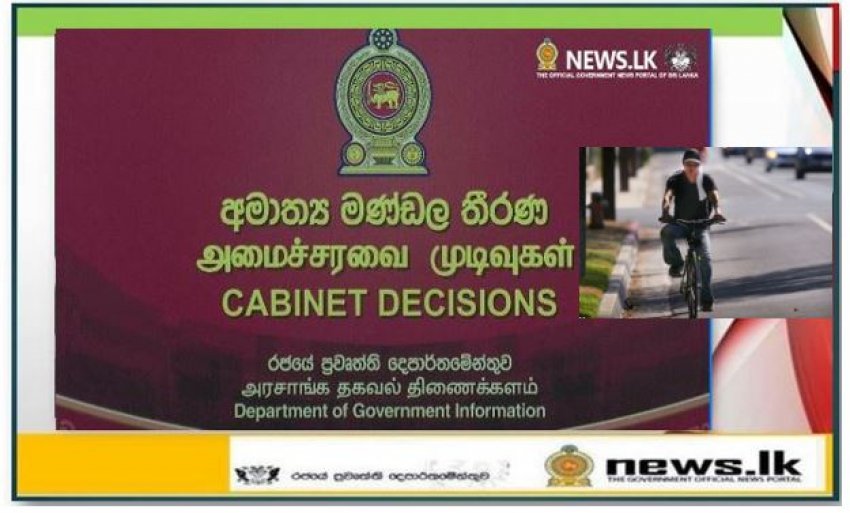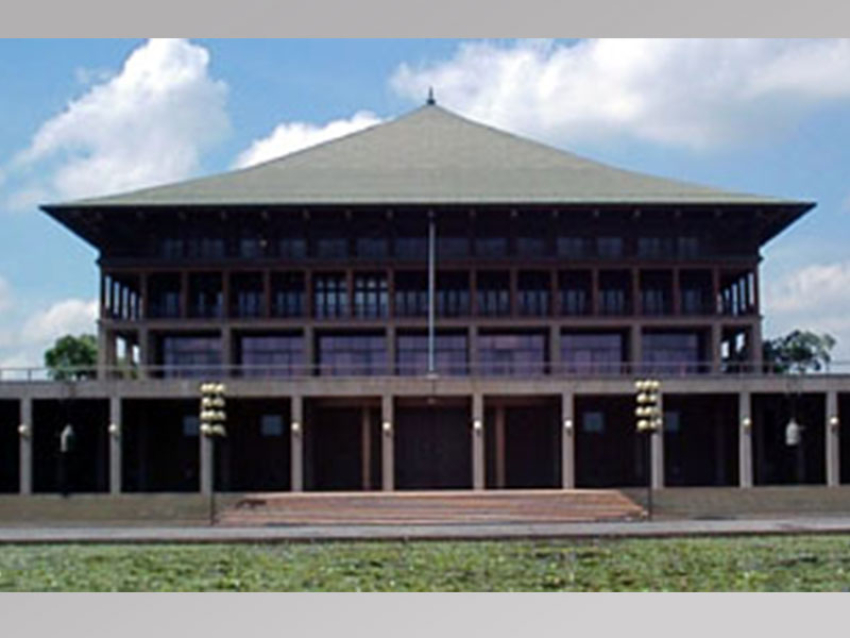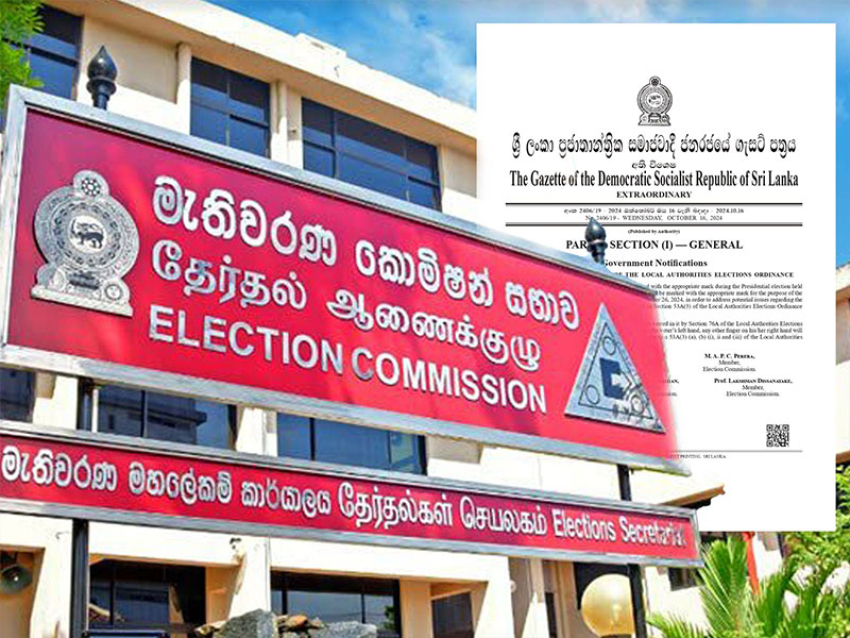The current number of active vehicles in Sri Lanka is over 5 million, more than three times the year 2000. This is due to the increase in the import of private vehicles such as cars, motorcycles and three wheelers.
Also, there is a tendency to use private vehicles due to rising income levels and difficulties in using existing public transport services. The rapid growth in private car use has led to a decline in the contribution of non-motorized modes of transport.
The use of non-motorized transport has a positive effect on reducing air pollution as well as on health, air quality, environment, climate change and personal finances. Therefore, it has been identified that non-motor systems should be integrated with existing transport systems to maximize economic and environmental benefits.
Accordingly, taking into consideration the submissions made by the Minister of Environment, the relevant Ministries and Institutions agreed to take the following steps under a joint approach.
Marking of bicycle lanes suitable for existing roads and upgrading of existing pedestrian lanes
Steps to include bicycle and pedestrian lanes for future roads
Taking necessary measures to encourage the use of bicycles for the staff of government offices
Providing necessary facilities for office cyclists including parking and access.




















